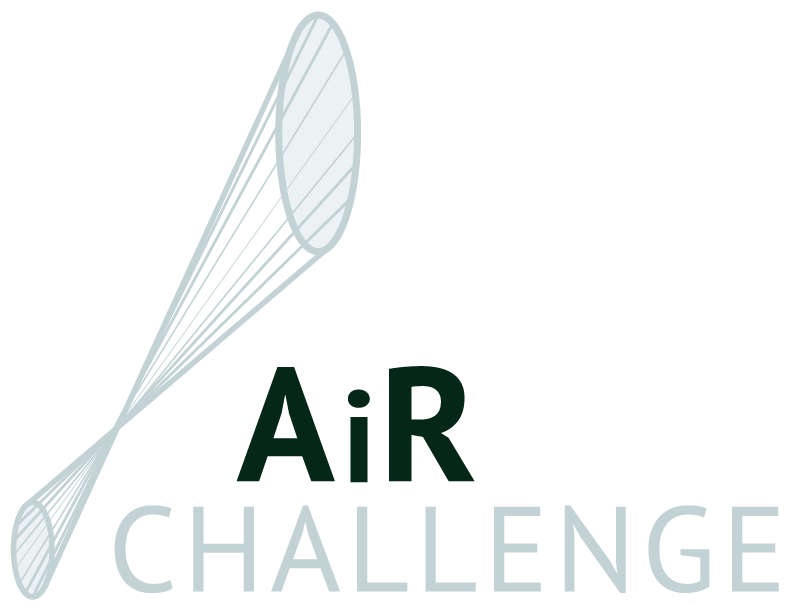
The Alternatives in Research Challenge:
Focus on Childhood Cancer
The Alternatives in Research (AiR) Challenge program supports innovative biomedical research that advances human health using non-animal research methods. The goal of the Focus on Childhood Cancer initiative is to support research that improves the understanding or treatment of childhood cancers while demonstrating that non-animal approaches can be valuable tools for biomedical progress. The AiR Challenge program aims to broaden the understanding and appreciation of alternative methods and expand their use in biomedical research.
The program was announced at the American Association for Cancer Research (AACR) Annual Meeting 2025.
With guidance from our Scientific Advisory Committee, the Focus on Childhood Cancer program will fund promising proposals that use innovative and human-relevant research methods to address challenging and important research questions related to childhood cancers. Up to five awards will be funded.
The AiR Challenge: Focus on Childhood Cancer program is closed for submissions.
KEY INFORMATION:
- Maximum Award per Project: $210,000
- LOI Applications Open: JUNE 2, 2025
- LOI Deadline: SEPTEMBER 15, 2025
- Notification of LOI Decision: DECEMBER 1, 2025
- Full Application Deadline (invited only): MARCH 24, 2026
- Notification of Award Decision by: JUNE 30, 2026
PROGRAM SCOPE and research areas of interest:
- Projects should be clearly and specifically focused on childhood cancer—either the most common types of cancer that affect children or rarer types. Proposals that address cancer broadly but do not focus on childhood cancers specifically will not be considered responsive.
- Projects should explicitly address the dual aims of the program’s goal to improve knowledge or treatment of childhood cancers and demonstrate the value of non-animal approaches for biomedical research.
- Non-clinical or pre-clinical research projects focused on developing non-animal methods/models, novel applications of existing non-animal methods/models, or validation efforts that substantially increase the confidence in existing non-animal methods/models.
ELIGIBILITY
Eligible applicants:
Eligible projects: Proposals will not be considered if they:
- use intact, non-human vertebrate or invertebrate animals (note that this is more expansive than the U.S. regulations or policy regarding animal research and includes all non-human metazoans at all stages of life)
- use monoclonal antibodies produced by in vivo methods
For programmatic or scientific questions, please contact: grants@ardf-online.org
To view a list of cancer-related research awards from ARDF’s other grant programs: Click Here



